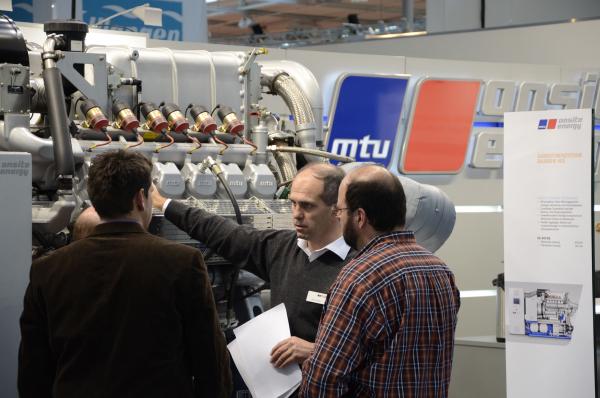A digester gas engine-also referred to as a biogas engine-is an engine that turns natural gases produced by an anaerobic digester into electricity.
Medium to large size structures that mix biodegradable wastes (e.g. sewage and food waste) to release their natural gasses, anaerobic digesters typically contain four levels on their interior: a mixing zone where most solid waste is slowly churned by a mixing device, a sludge zone, a liquid zone, and biogas zone at the top.
Biogases are taken from the top of a digester and put through treatment that makes them "digestible" for a gas engine. Below, we look at the potential benefits of biogas production for entities that are able to take advantage of the process.
Elimination of gas bills
Perhaps the most obvious benefit of biogas production is the elimination of a facility's utility gas bill, as an anaerobic digester supplies all the gas a facility needs, and then some. Unlike utility power rates, the materials used to produce biogases are generally inexpensive and tend to remain at set prices.
Elimination of electric bills
When a facility turns digester gas into electricity, it may be able to eliminate its electric bill as well. This is often the case for two types of facilities: primary digesters, which have an ample supply of organic waste as a result of their line of work, and small to midsize facilities which have an adequate-sized digestion engine and anaerobic digester.
Increased energy budget
By eliminating or reducing their annual gas/electric bills, facilities have more room in their energy budget. In some instances, facilities use their utility savings to invest in energy-efficient technology that reduces their gas/electricity consumption, thus increasing the availability of biogases.
Opportunity to sell electricity
When facilities produce more electricity than they need, they can sell it to a utility provider for a preset price per kilowatt-hour, which varies by state. Depending on the amount of electricity produced, this opportunity could yield thousands of dollars a year.
Increased eco-friendliness
The more a facility reduces its commercial energy consumption, the smaller its carbon footprint becomes. An anaerobic digester allows facilities to reduce or eliminate their reliance on utility power, thus increasing their eco-friendliness.
Support for emergency power systems
Biogas is an ideal source of power for both gas-powered generators and generators that run on a mixture of diesel and natural gas via a Bi-Fuel system.
When is biogas production a good idea?
Whether to pursue biogas production involves several considerations, particularly: the cost of implementing an anaerobic digester, the cost of delivering organic waste material if none is readily available, the cost of waste material if none is available, and the return on investment (ROI) of the project. When considering these and other aspects of biogas production, it helps to dialogue with entities that have insight into the advantages and disadvantages of the process for specific types of facilities, such as a generator services provider that specializes in digester gas engine servicing and implementation.
In my research on generator services, I've studied the cost benefits of implementing a digester gas engine.
















0 Comments